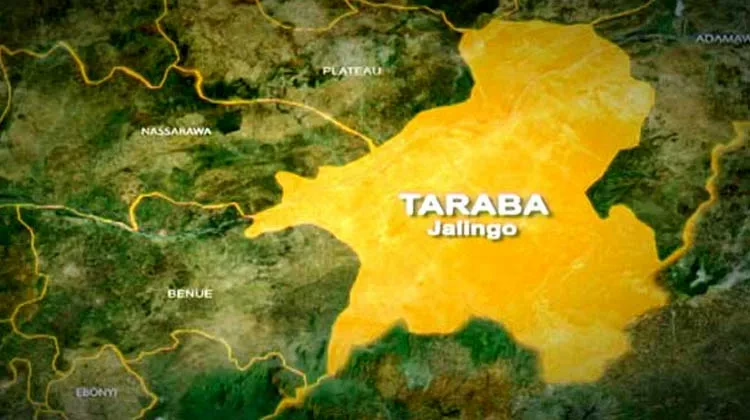The Taraba State Emergency Management Agency (TSEMA) has launched a comprehensive disease monitoring initiative across the state to curb the spread of cholera, typhoid, and other waterborne illnesses within Internally Displaced Persons (IDP) camps.
This proactive measure follows the devastating floods that recently impacted numerous communities, affecting more than 10,000 individuals.
Dr. Audu Echuseh, the executive secretary of TSEMA, revealed the programme after the agency successfully intervened in the cases of two young children, Fatima Saleh and Mohammed Umar, who suffered severe health complications due to exposure to contaminated floodwaters and acute malnutrition.
Fatima was diagnosed with Severe Acute Malnutrition (SAM), malaria, and a persistent cough, while Mohammed experienced a high fever that temporarily impaired his vision and hearing.
Both children have made full recoveries following urgent medical care at the Federal Medical Centre (FMC) and NOBIS Eye Clinic in Jalingo.
Highlighting the critical nature of swift action, Dr. Echuseh emphasized the importance of a well-coordinated disease surveillance framework.
“We have mobilized specialized teams to conduct ongoing health surveillance in all IDP camps and flood-affected areas to promptly identify and manage any outbreaks of cholera, typhoid, and related waterborne diseases,” he stated.
“Children are particularly susceptible, so our focus is on early detection and immediate response.
These teams, collaborating closely with the state Ministry of Health, the Red Cross, and local medical practitioners, are tasked with assessing sanitation standards, testing water quality, and administering timely treatment as necessary,” the executive secretary added.
Dr. Echuseh also noted that Governor Agbu Kefas has mandated the creation of temporary housing in safer locations for displaced persons. Alongside the surveillance efforts, TSEMA is actively distributing relief supplies and operating mobile health clinics to enhance hygiene and reduce health risks.
“Educational campaigns promoting proper sanitation and safe water usage are also being conducted,” he confirmed.
The parents of the rescued children, Mallam Saleh and Umar, expressed their heartfelt appreciation to the state authorities for preventing what could have escalated into a serious health crisis.
“We are deeply grateful to God and the emergency response team for saving our children and safeguarding the entire camp,” they remarked.
Health experts caution that stagnant water and overcrowded living conditions continue to pose significant risks for cholera and typhoid outbreaks. However, they commend the new surveillance system for positioning Taraba State ahead in the fight against potential epidemics.

















